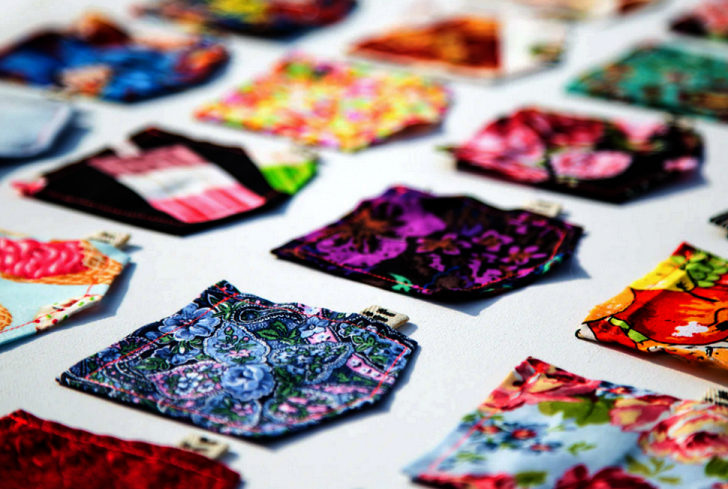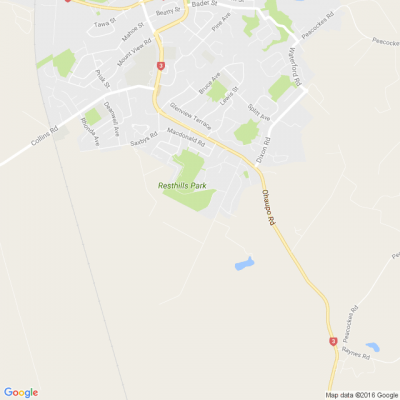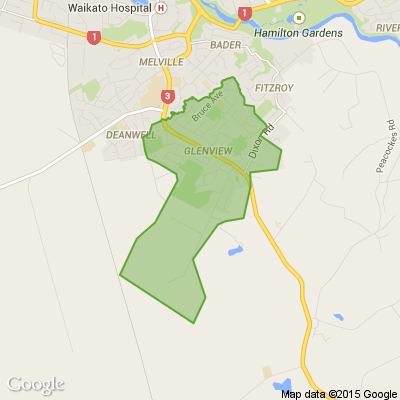Facts About Fabric
• The average lifetime of a piece of clothing is approximately 3 years.
• Flax is the earliest known natural textile fabric seen used in about 5000 BC. Flax is the material used to make linen which is seeing a huge come back today in drapery and upholstery.
• Nike (with subsidiary Converse) is the largest fashion company in the world, with a market value of $105 billion.
• There is evidence that cotton and wool were used to create natural fabrics in about 3000 BC and evidence of silk use in 2500 BC in China.
• China is the largest maker and exporter of silk in the world and has been for 100’s of years.
• The average person buys 60 percent more items of clothing every year and keeps them for about half as long as 15 years ago, generating a huge amount of waste.
• The earliest evidence of fabric textiles has been found in Turkey, Egypt, and Israel.
• The creation of man-made fibres has only been within the last 100 years. Rayon was the first man-made fibre created in 1910 and it was called ‘artificial silk’. Viscose is the most common form of Rayon.
• More than 70 percent of the world's population uses second-hand clothing. About 50 percent of collected shoes and clothing is used as second-hand products. Meanwhile, 20 percent is used to produce polishing and cleaning cloths for various industrial purposes, and 26 percent is recycled for applications such as fibre for insulation products, upholstery, fibreboard, and mattresses.
• Microfibre or Ultrasuede was invented over 20 years ago in Japan. Microfibre is the thinnest of all man-made fibres, even finer than silk. it is 100 times finer than a human hair.
• Acrylic is a man-made fibre that has a soft, wool-like hand, is machine washable and has excellent colour retention. It is often an additive to textiles to take advantage of these properties.
• Nearly 100 percent of textiles and clothing are recyclable.
• Nylon is also man-made and was first produced in 1938. It has high strength, excellent resilience, and superior abrasion resistance. Nylon replaced silk stockings for women in the early part of the 20th century.
• The highest quality cotton comes from Egypt.
• Textiles and shoes make up 12% of landfill sites.
• Bamboo is a grass that has been used to create a fabric that hangs much like a heavy linen. It has natural wicking ability that pulls moisture away from the skin so it can be useful in reducing moisture related odour. It also has natural anti-bacterial qualities. Bamboo grows quickly and does not need pesticides to thrive, making it one of the more sustainable textile sources.

Today’s Mind-Bender is the Last of the Year! Can You Guess It Before Everyone Else? 🌟🎁🌲
I dance in the sky with green and gold, a spectacle few are lucky to behold; I’m best seen in the south, a celestial sight—what am I, lighting up the New Zealand night?
Do you think you know the answer? Simply 'Like' this post and we'll post the answer in the comments below at 2pm on the day!
Want to stop seeing these in your newsfeed? No worries! Simply head here and click once on the Following button.

No gift? No stress
Let the Christmas elves at Mags4gifts.co.nz handle your last-minute shopping. For a limited time, gift a subscription with up to 40% off best-sellers like TV Guide, NZ House & Garden, and NZ Gardener. It’s the perfect Christmas present, sorted in minutes (and no one needs to know it was a last-minute surprise)!








 Loading…
Loading…